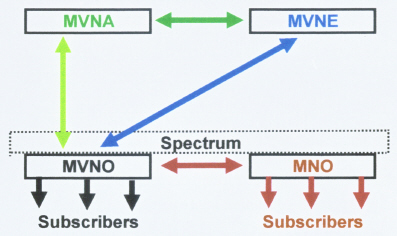Brace Up to the New Challenges with Convergent Billing and OCS System

The commercial success of the Online Charging System (OCS) deployed by telcos is a testament to the ever-evolving telecom billing technology. Not so long ago, it was hard to fathom how telcos will be able to accommodate so many new offerings (like 2G, 3G,4G, VAS, OTT etc.) as part of their service. But with consistent development, we are at a juncture where we see convergent billing and real-time charging making things simpler than ever before for both customers and the operators. But the work of telcos has not ended yet. With 5G and even 6G beckoning; and IoT becoming the next big thing in the market, the time to evolve has only just started. The Age-Old Formula of Success Before we go any further and analyze what the future holds for the telecom industry, it is best to first look at the basic formula that has worked so well for telcos. It has always being the ability to adapt one’s billing according to the services that need to be offered, which has driven MNO



